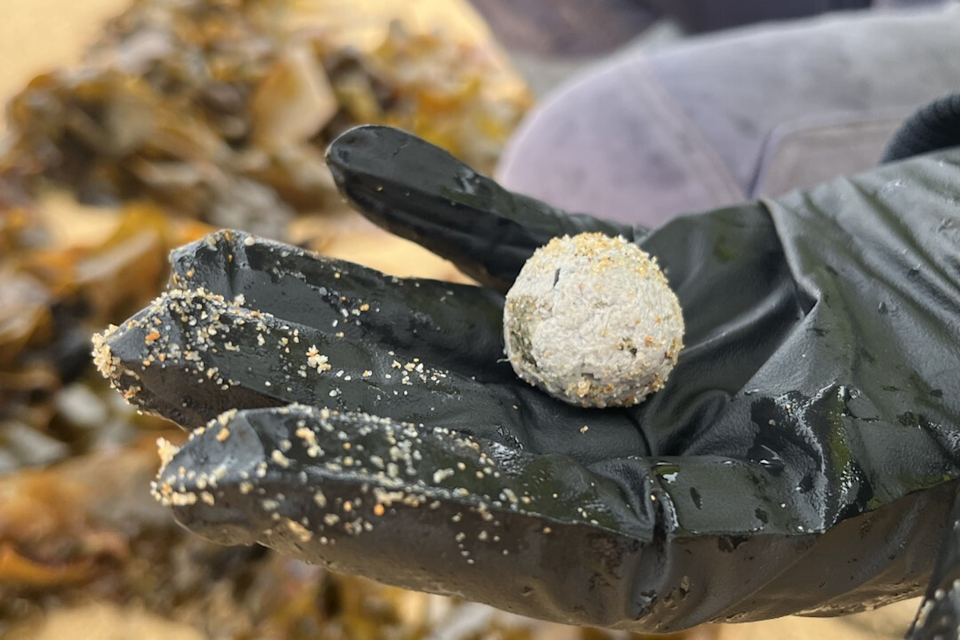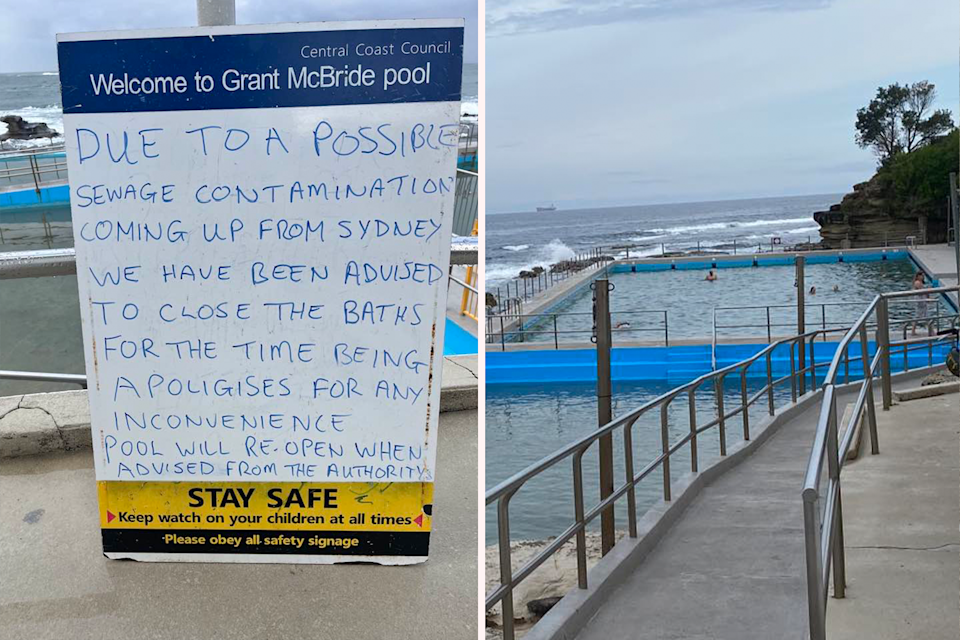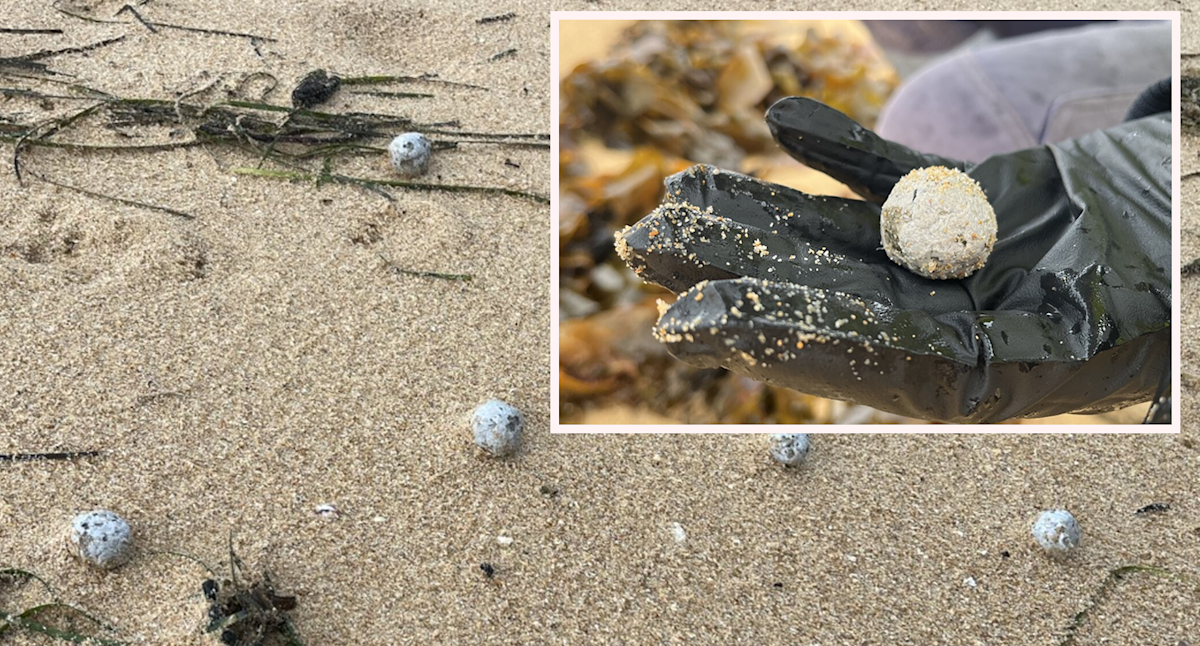Warnings have been issued to avoid seven popular beaches and pools on Australia’s east coast after mysterious, grey debris balls were discovered on the sand. Authorities on the northern end of the NSW Central Coast have warned residents not to touch the balls and to stay away until further notice.
The balls are grey in colour and range from 1 to 4cm in size, and at this stage, their origin is unknown. However, signage at a local beach pool advises, “Due to a possible sewage contamination from Sydney, we have been advised to close the baths”.
Clean-up operations are continuing, but as of lunchtime, around 40kg of debris has been removed from affected beaches. Test results are not expected until late next week.
Sydney University civil engineering Professor Stuart Khan explained that until last year, events like these were not “widely reported”. Then in October, dozens were found at Coogee Beach, and similar reports at Bondi, Bronte, Tamarama and Maroubra followed.
“It might be a more recent phenomenon, it might be something that’s increasing in frequency in recent years as more pressure is put on the sewerage system. They’re the sorts of questions we’re trying to answer,” he told Yahoo News.
Professor Khan was appointed the chair of an independent NSW Environment Protection Authority panel that investigated the Sydney incidents, and he confirmed there’s a lot we still don’t know about what triggers them.
While it’s believed the balls are linked to heavy rain and sewerage management, experts are unsure whether they’re sparked by wet weather overflow, some type of malfunction, or if they originated in deepwater ocean outfall pipes.

The Central Coast balls (pictured) are similar to those found in Sydney last year. Source: Central Coast Council
Expert has seen similar ‘disgusting’ balls in Sydney
Dr Jon Beves, a Professor in the School of Chemistry at the University of NSW, worked on a similar incident that occurred last year around beaches in Sydney. Speaking with Yahoo News Australia, he said they were “similar” in appearance.
“The balls we found in Sydney were a mixture of soap scum and cooking oil that you’d find in domestic households,” he said.
Describing the smell of the Sydney balls, he said they were disgusting, and it was no surprise that there was faecal matter mixed in. The balls were solid and hard like plasticine, but also grainy. Testing revealed they were essentially “fatbergs”, congealed masses of fats and oils that can accumulate in sewage.
There are similar waste treatment plants in other cities, like San Diego in the United States, but to date, there has been little investigation into incidents involving the balls overseas. Visually similar tar balls have been reported on multiple occasions, but they are made from crude oil and are usually the result of a spill or natural seepage.

A sign suggests the closure could be due to events in Sydney. Source: Friends of The Grant McBride Baths
Which beaches are affected?
Central Coast Council issued an alert on Thursday, advising the NSW EPA had been contacted. The areas affected are The Entrance beach, Grant McBride Baths, Blue Bay beach, Toowoon Bay beach, North Shelly beach, Shelly beach, and Blue Lagoon beach.
Locals have reacted to the situation with horror on social media. “We’ve honestly destroyed this planet, haven’t we?” one person wrote. “Yuk!” another simply said.
EPA notified of debris balls
The EPA confirmed with Yahoo that it received a report from a member of the public early on Thursday that suspected debris balls were found at North Shelly Dog Beach.
“The report was also made to Central Coast Council. Council confirmed the presence of debris balls and advised that all visible balls were cleared from the beach by mid-afternoon. Council also advised they will continue monitoring beaches and will send samples of the debris balls for testing,” a spokesperson said.
“While Central Coast Council is managing the matter, we have offered to assist if needed. Further actions will be considered once test results are received.”
Central Coast Council has been contacted multiple times for further comment. It has directed all queries to its Facebook page.
Love Australia’s weird and wonderful environment? 🐊🦘😳 Get our new newsletter showcasing the week’s best stories.


